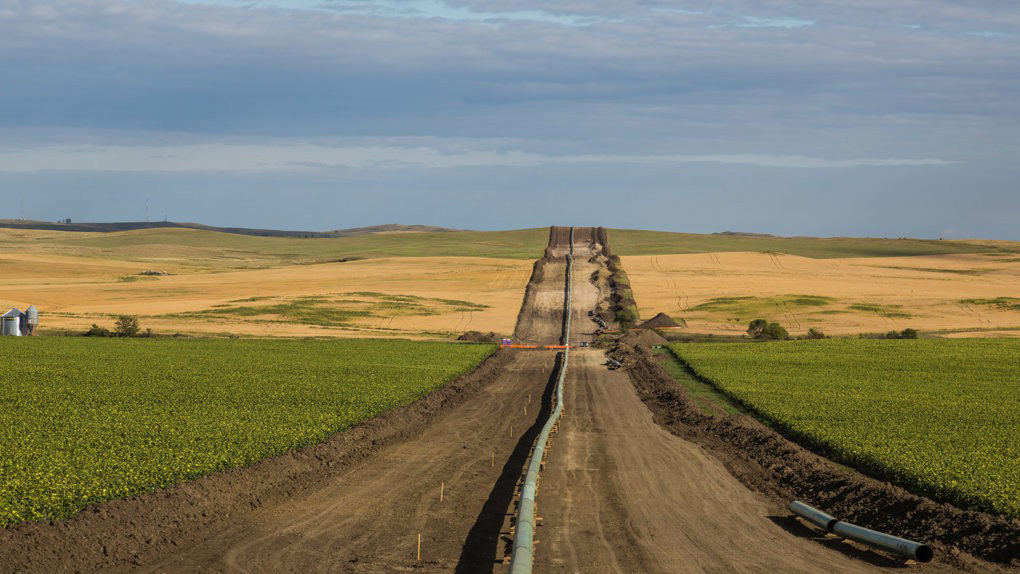 supplied
suppliedOn February 10, truckers in northern Alberta joined forces to show their support for the energy industry in Canada.
But this wasn’t your run-of-the-mill energy rally, like the ones seen across Alberta. This rally was led by Indigenous people, for Indigenous people. It takes a lot of courage to start a rally for something one believes in, but the strength of these Indigenous ralliers to challenge the image of the stereotypical Indigenous person — who’s often framed as a staunch adversary to energy projects — is something all on its own.
One of the ralliers, Robert White, is a Métis man who works for a company as a trucker driving heavy equipment to the oil patch in Alberta. According to White, his company usually employs up to 600 people, but in recent months has had to lay off down to 60. The oil sands are a lifeline for some Indigenous communities, so downturn in the energy sector can mean poorer wages, significant increases in unemployment, and lower quality of life altogether. To these ralliers, the construction of a pipeline doesn’t just mean better business in the energy sector, but better lives for everyone in their community.
Along with the desire to demonstrate the presence of Indigenous support for the energy sector in Alberta, ralliers gathered to show their disapproval of Bill C-69, which is set to alter the way energy projects are approved in Canada. The voice of both Indigenous groups and the Minister of the Environment would have a strong effect on how energy projects are developed, as well as the extent to which energy companies would have to be readily aware of the effects their projects have on the environment and Indigenous peoples in the area. Ralliers present were mainly concerned with the effects this level of regulation will have on the development of energy projects in Canada. For people who make a living off of the energy sector, any disincentive put on energy companies can lead to the production of fewer jobs. This is a very real threat to their livelihood.
A rally such as this, fueled by the spirit of Indigenous culture through traditional dance and drumming, is exactly the best way to express the complexities of the Indigenous population of Canada. Of course, Indigenous people should feel free to express their Indigeneity however they wish without fear of judgement. Indigenous peoples can continue the fight against settler colonialism by expressing their culture and Indigenous identity as distinct from settler ways of life. The true strength of this rally was its ability to meld Indigeneity with energy-centric economic concerns, giving place for the ralliers to express their Indigenous roots while not allowing preconceived notions define their stance on the issue.
Reconciliation should be a deeply important issue for all Canadians. Assumptions made by settlers about the beliefs Indigenous people should hold ultimately take away from our ability to achieve reconciliation, as they essentialize Indigenous identity in ways similar to negative stereotypes around Indigenous people. Hopefully, this rally has allowed some to realize that Indigenous identity doesn’t automatically denote specific political views. Once we realize this, perhaps the road to reconciliation will become clearer.




